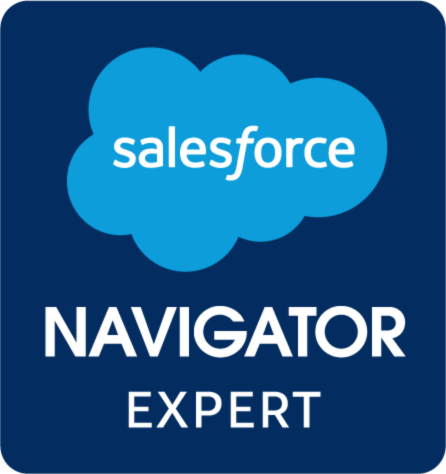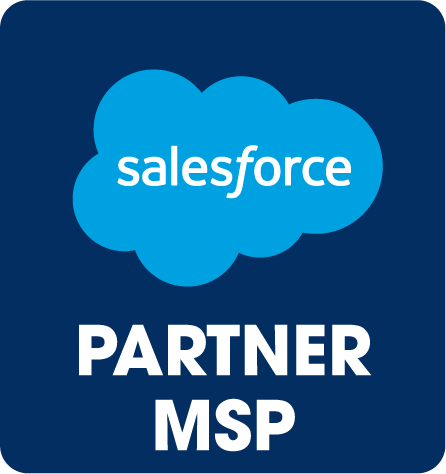
Building tech in-house is a lot like climbing a mountain.
You need reliable equipment, a sense of direction, and an expert team to keep you from plummeting hundreds of feet to your untimely death. Sorry, that last part got a little graphic — but it’s mostly true.
A big chunk of in-house tech projects never get to take in the sweeping views from the summit, in fact, they don’t even make it out of base camp.
From our experience, we see patterns emerge with successful tech projects that rise above the clouds: they’re big on efficiency, and risk is minimised to maximise reward.
So, now that we’ve got all of the mountain climbing analogies out of the way, it’s worth digging into what can make or break a company on the precipice (okay, that’s the last one) of building or buying technology to bring a project to life.
Outsourcing or keeping your tech project in-house isn’t a decision you should take lightly, so let’s look at a few key insights we’ve uncovered along the way.
Some in-house tech projects can go so badly they threaten the very existence of the company
Well, that escalated quickly.
Despite the best of intentions, according to a McKinsey survey of IT executives, 17% of in-house tech projects go so far off-piste that they can literally lead to the demise of a company.
The point here is that good tech ideas need the backing of experts in the planning and execution phase. Not everyone has these skills in-house, so it pays to bring someone in who does.
Of course, this is at the extreme end of the spectrum, but it’s high enough on the risk matrix for it to demand consideration.
Key takeaway: Weigh up the opportunity cost of not buying tech. On one hand you have employees attempting to find complex solutions outside of their comfort zones while their core roles are neglected. On the other, the project could be outsourced to experts solely focussed on a successful build and execution.
Effort doesn’t always equal outcome
Don’t get us wrong, we work with some incredible businesses that are doing amazing things every day. But when it comes to tech, it’s important not to confuse effort with outcome.
Cloudwerx Sales Director, Jarrod Myers, overlays his own straightforward logic when it comes to starting the build versus buy conversation.
“It comes down to this: are you a tech company or a service provider? If the answer is service provider, by and large, it makes sense to avoid building unnecessary and costly IT infrastructure to maintain custom-built systems.”
Embedding himself with clients allows Jarrod to absorb the information needed to make the right call.
“It’s a shame to see companies invest so much time, energy and money in creating bespoke complex systems and then spend a similar amount of money to keep them fed and watered, when they could have leveraged something off the shelf, eg. Salesforce and Uipath.” says Jarrod.
Key takeaway: When scaling your business, is there a need to invest your time and money into internal resources or leverage technology that already exists? Is your time better spent on serving customers, coming up with new ideas (being an innovation hub), or financing a pit crew just to keep the engines running?
1 in 6 custom IT projects have a 200% cost overrun (on average)
Cost, control, connectivity, maintenance.
These four factors should be central to your decision making when considering to build or buy.
When you consider that 1 in 6 custom IT projects can blow out by 200% in cost and run 70% over schedule, it’s worthwhile to consider whether the costs and ongoing maintenance are worth your time and money.
There’s great appeal in building a custom fit solution in-house, but you have to be prepared to rely on developers to keep it afloat for its lifespan.
As a general rule, buy is the way to go if the requirement fit of commercial software is 60% or greater, but this doesn’t necessarily mean losing control of the project. At Cloudwerx, we insist on working closely with our clients to realise your vision.
Key takeaway: Consider time-to-value ratio. With a disproportionate number of IT projects going over schedule, ask yourself: Will it adversely affect the company if the timelines blow out?
Just because you can, it doesn’t mean you should
Think about project scope. Before you jump head first into solving a problem, chances are someone has already found a fix for it and there’s a product out there. But if you’re a true unicorn that needs a custom solution be sure to consider the complexities around cost and compliance that might tag along for the ride.
Key Takeaway: Play to your strengths. Work with your tech partner and team to understand where they lie.
Facts over feelings: remembering you’re not a tech giant (and that’s okay)
We’ve all heard about them. We may have even been one ourselves. The tech industry has countless examples of aspirational entrepreneurs trying to change the world. Many are doing it, and doing it well, but it’s not by luck.
Bringing a tech idea to life equals massive amounts of time and money. Successful companies know their strengths and limitations, and most importantly, they recognise when they need to outsource a skill to fill a technical gap in their infrastructure.
Key takeaway: Your organisational processes need to be ready for new tech. We all live in the real world and the people that keep your company going need to be able to work with introduced technology. For example, you might find that a change management process is needed before the tech arrives.
It’s your decision, but make it an informed one
At the end of the day, each project has its own measures of success. Stick to what you know, play to your strengths and don’t lose sight of what you set out to achieve.
If you’re having these discussions internally and you need help making a decision, reach out — we’re ready to talk.
If you are interested in working with Cloudwerx, please reach out to toby.wilcock@cloudwerx.com. We offer free consultations, and would love to hear about your business.





Realise the full potential of your CRM